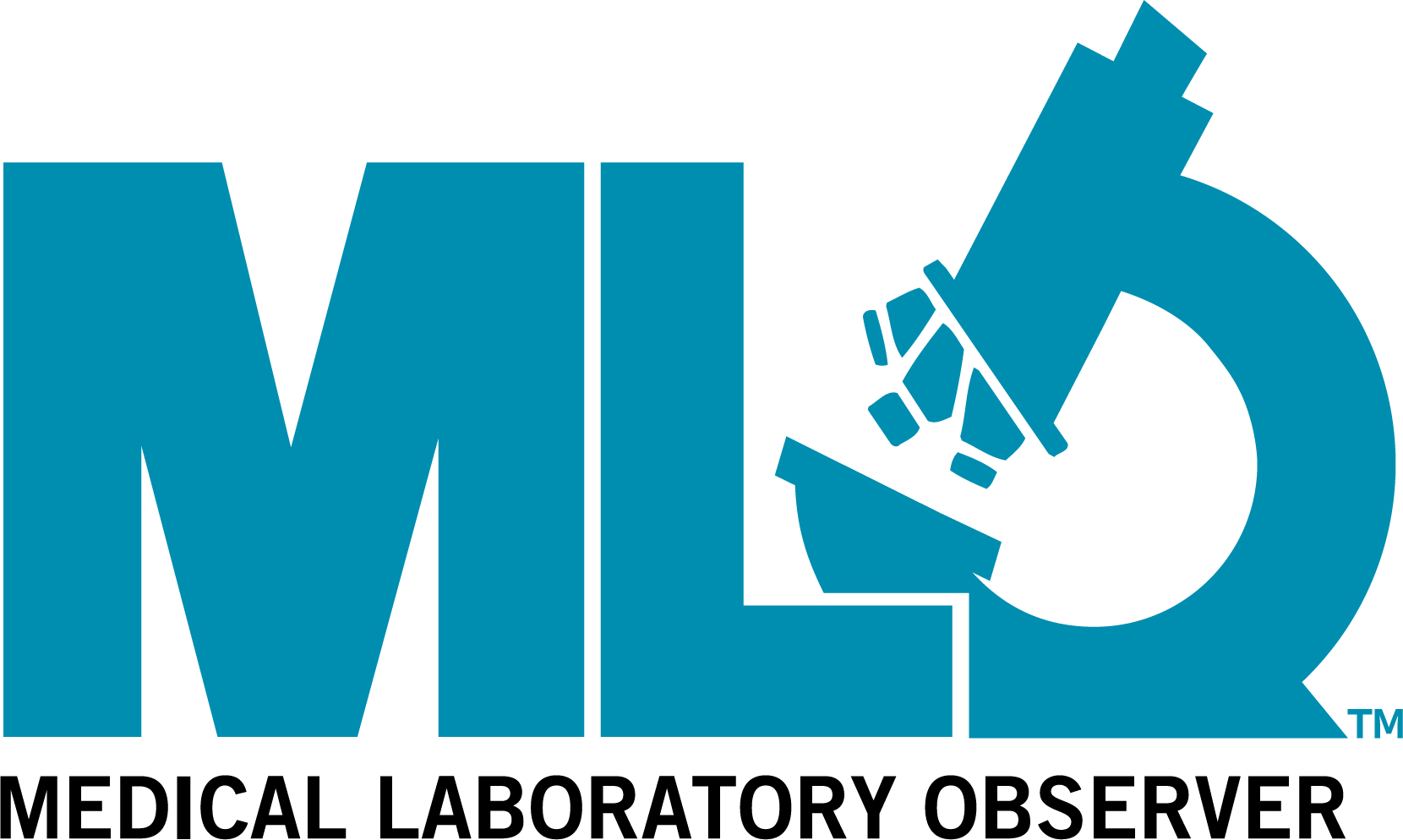June 2, 2025
OncoHost study offers new insights into resistance mechanisms in immunotherapy-treated lung cancer patients

Original source here
OncoHost announced the publication of a new study in the Journal for ImmunoTherapy of Cancer (JITC), titled “Decoding Resistance to Immune Checkpoint Inhibitors in Non-Small Cell Lung Cancer: A Comprehensive Analysis of Plasma Proteomics and Therapeutic Implications.”
The study provides a critical leap forward in understanding resistance to immune checkpoint inhibitors (ICIs) in advanced non-small cell lung cancer (NSCLC)—one of the most pressing challenges in oncology today. Through a comprehensive bioinformatic analysis of pretreatment plasma proteomic profiles from 272 NSCLC patients, researchers identified key biological processes associated with resistance and revealed therapeutic targets that could inform future precision treatment strategies.
The analysis focused on 388 resistance-associated proteins (RAPs) previously identified as part of OncoHost’s proprietary PROphet platform—an AI-powered, plasma proteomic-based decision-support tool. Researchers identified five distinct expression patterns when comparing between patients who benefit from ICI-based treatment, patients who do not, and healthy subjects, uncovering both immunologic and tumor-derived drivers of resistance. Notably, the study revealed that 17.5% of the RAPs identified are known drug targets, thereby reassuring that the RAPs are indeed involved in key resistance mechanisms on the one hand, while providing many novel potential targets for intervention on the other hand.
The RAPs explored in the study offer potential utility beyond prediction—they may help direct future clinical trial designs and treatment selection based on individual patient biology. This could result in more effective use of existing immunotherapies, reduced exposure to ineffective treatments, and new opportunities for combination approaches tailored to resistance mechanisms. By extending the understanding of the underlying RAP biology, this new research strengthens the clinical rationale for incorporating plasma proteomics into routine treatment planning for NSCLC.




